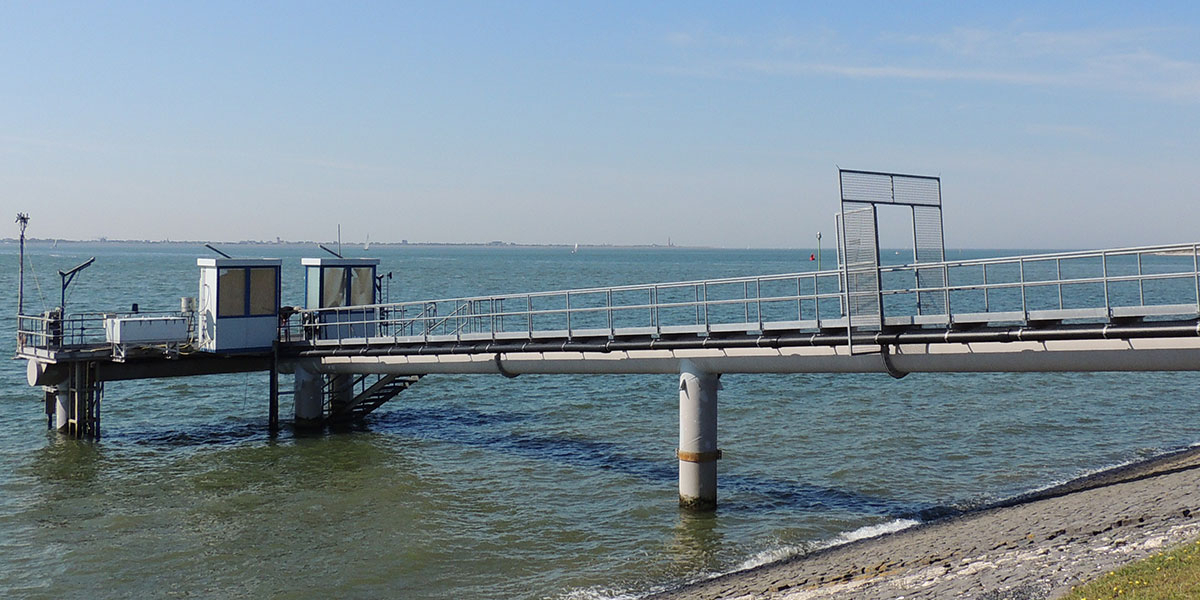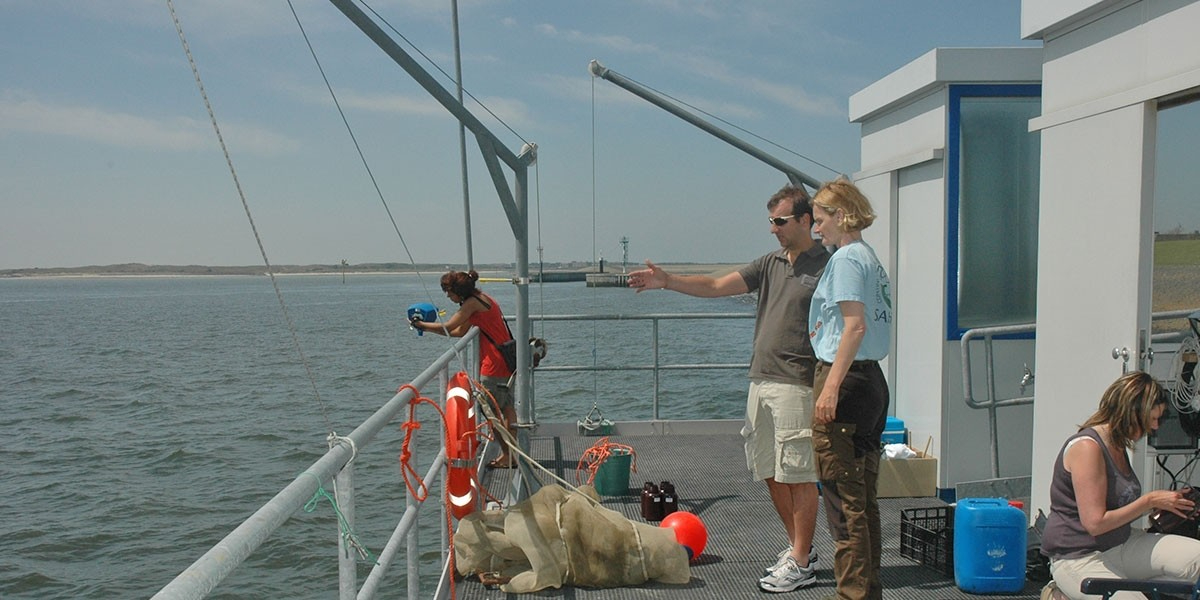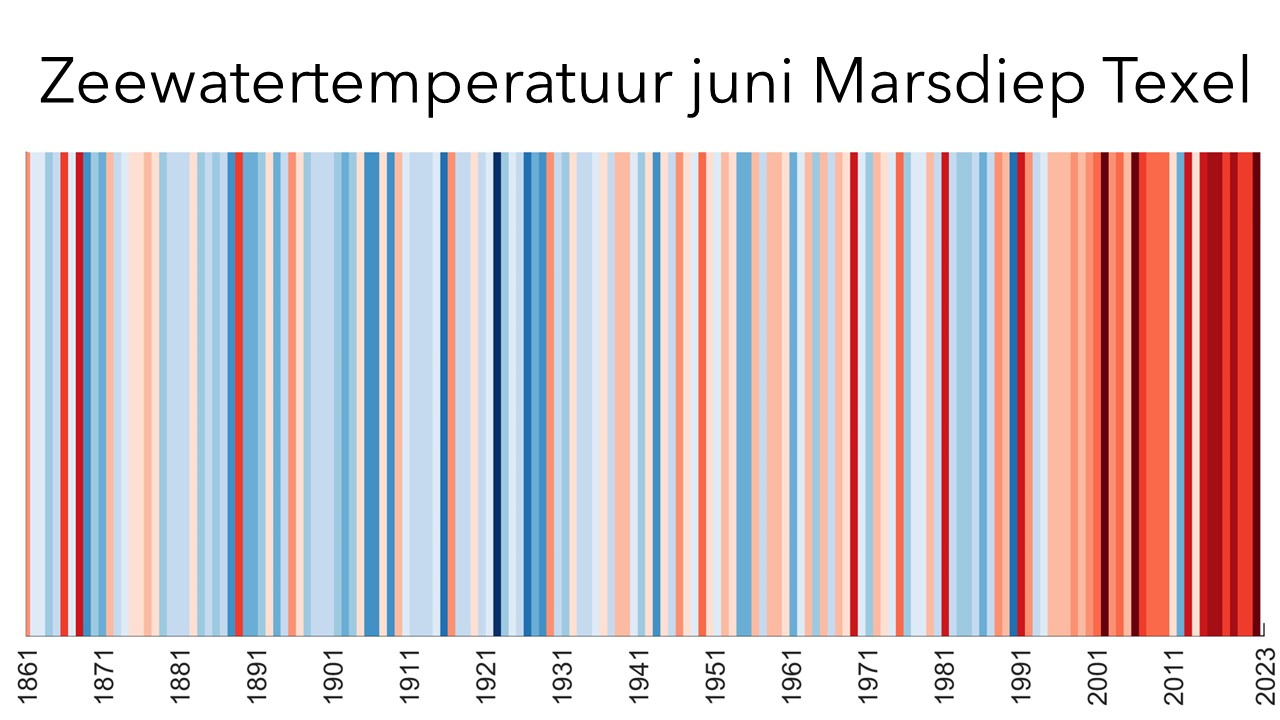Sea water temperature
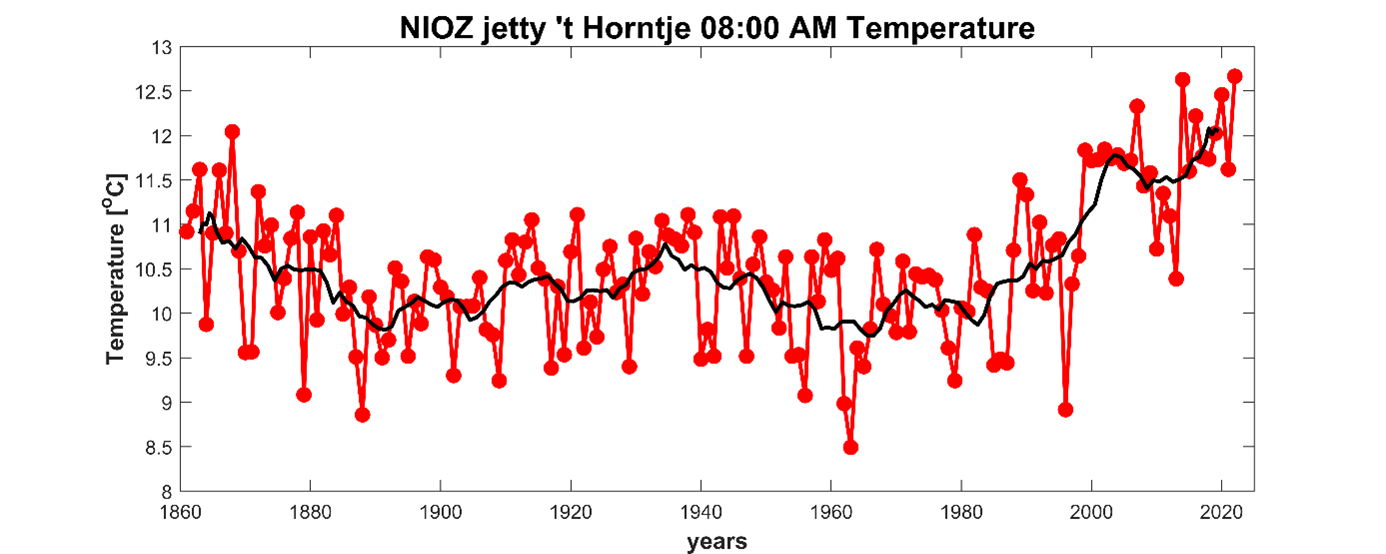
Figure 1 | NIOZ jetty: 1860-2022 mean annual values for 8AM daily value: temperature
Annual values (red dots) of 08:00 AM temperature recordings at the NIOZ jetty. The black line represents the 10-year moving average. Annual values up to and including 2022.
Sea water temperature
Since 1860, the seawater temperature of the Marsdiep has been measured daily at 08:00 AM, first at Den Helder and since 1947 from the dike near the jetty of the NIOZ Royal Netherlands Institute for Sea Research. This data series is one of the longest running sets of temperature observations in the Netherlands.Since the year 2001, seawater temperature is being recorded continuous by electronic sensors.
The seawater temperature data show considerable variation. The first 30 years were characterised as a period in which the annual average temperature (figure 1, red dots) continually decreased by a total of 1.5°C. Since about 1890 up until around 1980, average temperature (figure 1, black line) varied without a clear trend. Only since the 1980’s do we see a clear warming trend, surpassing temperatures recorded at the start of the series. Last year, 2022, was the warmest year so far in the entire record, with an average annual mean water temperature of 12.5°C. 2023 has so far been very warm at the start of the year and during the long dry and warm period in June 2023 (figure 2).
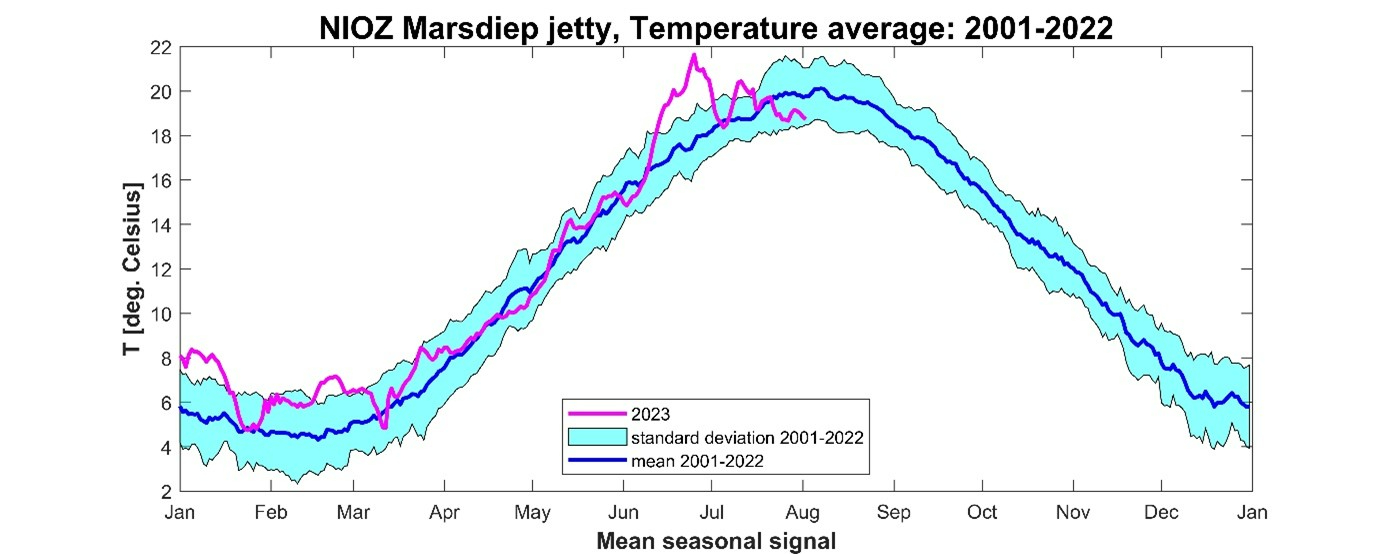
Figure 2 | NIOZ jetty: 1982-2022 mean daily temperature
Seasonal mean signal of daily mean temperature measured at the NIOZ jetty over the period 2001-2022. The 2023 values to August 1st are shown separately, while the blue area indicates the normal variation from the mean seasonal signal (dark blue line).
We have also recorded the warmest ever mean June temperature in 2023 (figure 3), while July 2023 has been decidedly cooler. The individually indicated years in figure 3 represent years with mass cockle deaths. Read more here: June 2023 warmest month ever recorded in Wadden Sea, concerns for mortality in overheated cockles.
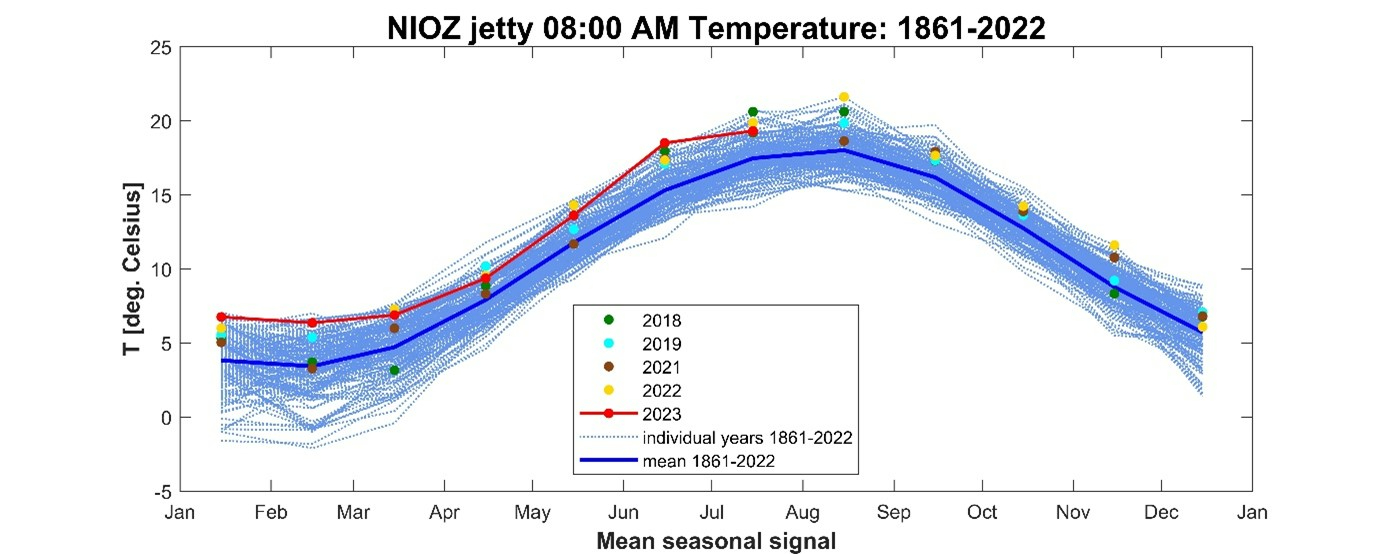
Figure 3 | NIOZ jetty: 1982-2022 monthly mean temperature
Seasonal mean signal of daily mean temperature measured at the NIOZ jetty over the period 1982-2022. The 2023 values to August 1st are shown separately in red.
Time series
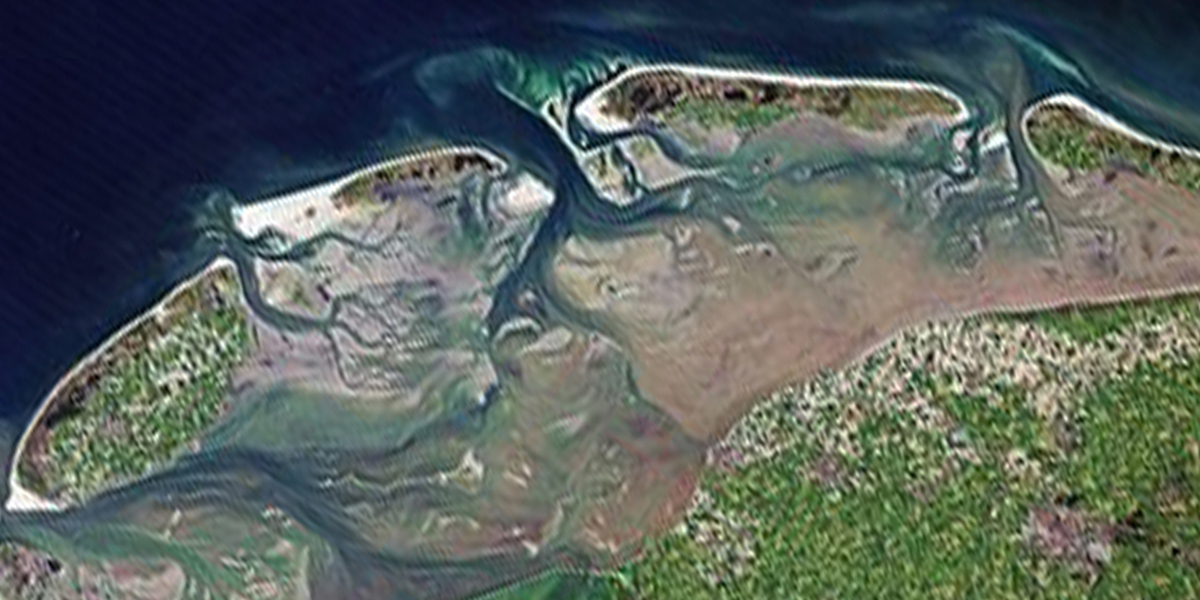
Long-term ecological time series Wadden Sea
